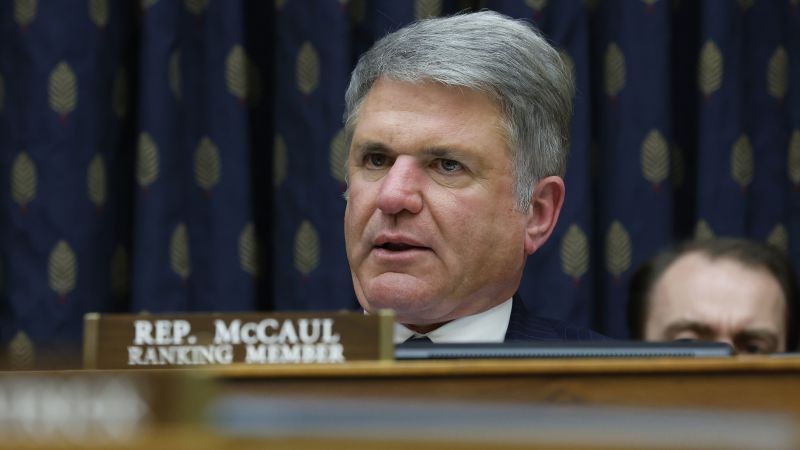Taxpayers are on course to pay £40bn a year by 2028 as a result of the freeze on personal tax thresholds and inflation, new analysis suggests.
The Resolution Foundation said the policy would lead to the country’s biggest tax rise in at least 50 years.
The Treasury said taxes in the UK remained lower than other major European economies.
The Treasury said taxes in the UK remained lower than other major European economies.
It means millions of people will be pulled into a higher tax band or see a greater proportion of their salaries taxed, particularly those who have secured wage increases.
Inflation has also had an impact. Due to the rate consumer prices rise at being at a high level, many workers secured pay rises to counteract the cost of living.
Some of those pay increases will lead to more people being dragged into higher tax bands, and required to pay tax on a larger proportion of their earnings, a process is known as “fiscal drag” to economists.
The government’s policy was previously predicted to raise some £30bn by the 2027-28 tax year, according to the Resolution Foundation, an independent think-tank focused on improving living standards for those on low to middle incomes.
After studying the Bank of England’s inflation forecasts, it suggests that the government is now set to take in £40bn a year.
Taxpayers are on course to pay £40bn a year by 2028 as a result of the freeze on personal tax thresholds and inflation, new analysis suggests.
The Treasury said taxes in the UK remained lower than other major European economies.
The Resolution Foundation said the policy would lead to the country’s biggest tax rise in at least 50 years.
It means millions of people will be pulled into a higher tax band or see a greater proportion of their salaries taxed, particularly those who have secured wage increases.
The Treasury said taxes in the UK remained lower than other major European economies.
The Treasury said taxes in the UK remained lower than other major European economies.
It means millions of people will be pulled into a higher tax band or see a greater proportion of their salaries taxed, particularly those who have secured wage increases.
Inflation has also had an impact. Due to the rate consumer prices rise at being at a high level, many workers secured pay rises to counteract the cost of living.
Some of those pay increases will lead to more people being dragged into higher tax bands, and required to pay tax on a larger proportion of their earnings, a process is known as “fiscal drag” to economists.
The government’s policy was previously predicted to raise some £30bn by the 2027-28 tax year, according to the Resolution Foundation, an independent think-tank focused on improving living standards for those on low to middle incomes.
After studying the Bank of England’s inflation forecasts, it suggests that the government is now set to take in £40bn a year.
#Taxpayers #pay #40bn #due #threshold #freeze #tank
Note:- (Not all news on the site expresses the point of view of the site, but we transmit this news automatically and translate it through programmatic technology on the site and not from a human editor. The content is auto-generated from a syndicated feed.))



